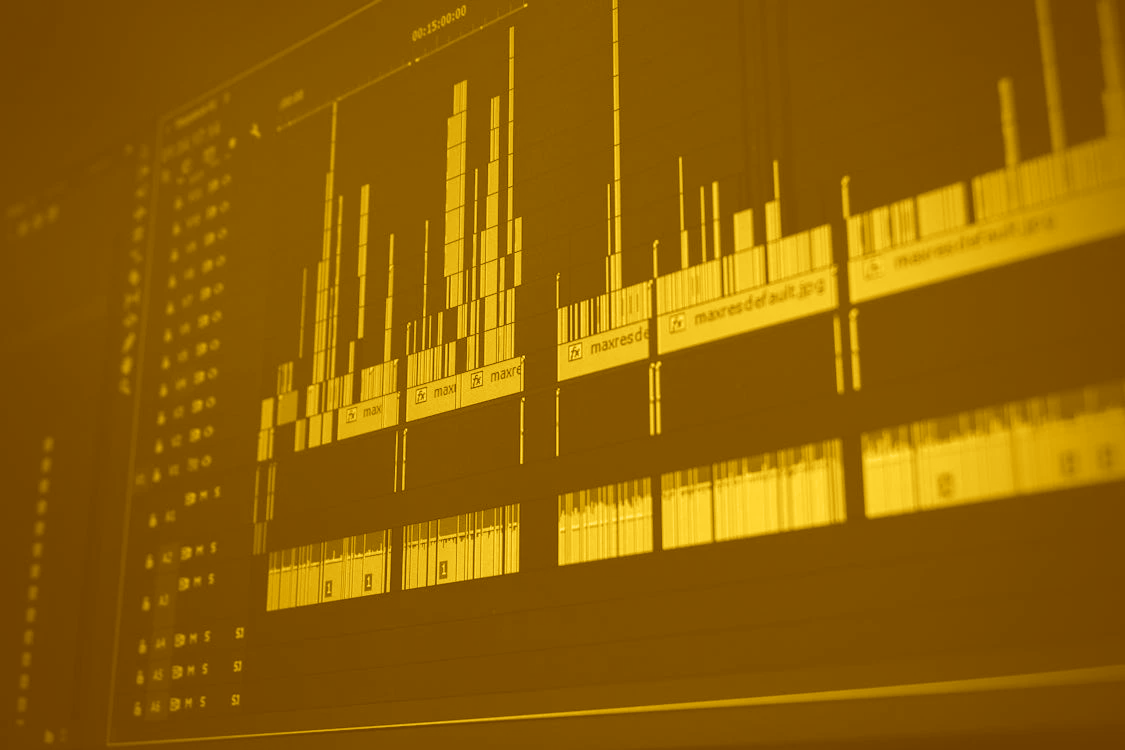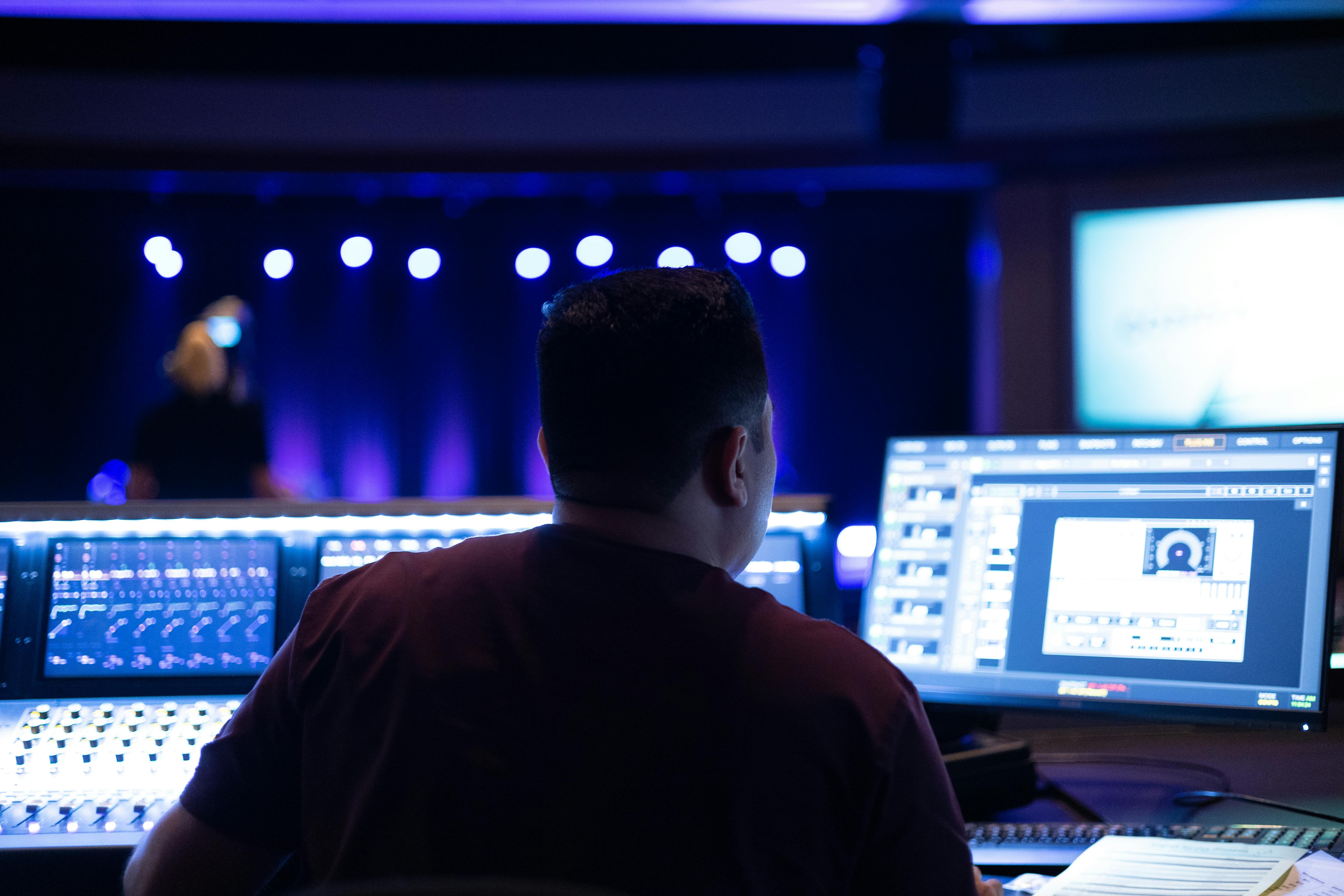Real World Assets Meet Real World Impact: Coda Brings Music Rights to Base
We've all seen the RWA promises before. "Tokenize everything!" they said. "Bring real world assets on-chain!" they said...
%201.png)
Finally, an RWA project that actually makes sense
We've all seen the RWA promises before. "Tokenize everything!" they said. "Bring real world assets on-chain!" they said. And then we got a bunch of over-engineered solutions looking for problems that didn't really exist.
Well, here's one that actually does make sense: music rights. And we're bringing them to Base this November.
Why Music Rights Are the Perfect RWA
Let's be honest...most RWA projects feel forced. Like someone decided they needed to tokenize something and picked whatever was lying around. But music rights? They're actually crying out for this treatment. Think about it: music rights are already fractional by nature. A song has publishing rights, mechanical rights, performance rights, sync rights, royalty rights - they're basically designed to be split up and traded.
The problem is that the infrastructure to do this has been stuck in the 1980s. Right now, if you want to invest in music rights, you will need on average $200k minimum, months of legal paperwork, and connections in an industry that's notoriously closed off (the big 3 labels still dominate ownership of over 70% of the music market.) It's the definition of an elite market that could benefit from democratization. And, unlike a lot of RWA projects that are trying to solve theoretical problems, this one solves a very real, very painful problem: 99.4% of musicians can't make a living from their music, while millions of potential investors are locked out of one of the most stable, uncorrelated asset classes available.
What We're Actually Building
Coda is a marketplace where artists can tokenize their music rights and sell them to retail investors. Think of it like a NASDAQ for music rights, but instead of trading public shares, you're trading fractional ownership in actual revenue generating music assets. Artists decide what's up for grabs, we handle all the legal and technical (this part is crucial, we're not just minting tokens and hoping for the best - sorry all you other hype music NFT projects), and then investors can buy in starting from whatever amount makes sense for them.
No $200k minimums, no need to know someone who knows someone. The tokens represent real ownership stakes in future royalty streams. When the song makes money from Spotify, Apple Music, radio play, sync licensing, whatever, token holders get their proportional share. It's backed by actual future revenue streams, not speculation or promises.
Why We Chose Base
it wasn't on a whim, we spoke to and tested multiple chains, but in the end, Base was an obvious choice for us, and not just because the fees are reasonable (though that definitely helps when you're dealing with smaller transaction sizes).
Firstly, Base's connection to Coinbase means we can tap into their ecosystem for fiat on-ramps. We've integrated with both Stripe for traditional payments and Transak for crypto, but having that Coinbase connection gives users even more options for moving between fiat and crypto seamlessly. Secondly, the EVM compatibility means we can build sophisticated smart contracts for rights management without reinventing the wheel - with over 20 contracts in our stack and more to come, it's important we have stable infra to support our growth. We need contracts that can handle complex royalty splits, secondary market trading, and compliance requirements, Base gives us that flexibility.
But honestly, the biggest reason is philosophical alignment. Base is focused on bringing the next billion users to crypto, and that's exactly what we're trying to do. We're not building for crypto natives, exactly the opposite in fact. We're building for musicians and music fans who might not know a private key from a public key. It's about solving the problem for the users without them even needing to know what is under the hood.
The Tech Stack That Actually Works
Here's what we've built: a platform that's crypto-native under the hood but doesn't feel like crypto on the surface. Users can sign up with an email address and credit card if they want. Our smart contracts handle all the tokenization and rights management automatically. We've got compliance built in with integrated KYC through Veriff, legal compliance baked in through our partnership with BlankRome, and custodian and payment processing that works whether you want to pay with USDC or a Visa card with our Stripe and Transak integrations. The music rights get tokenized as ERC-1155 tokens (because fractional ownership makes more sense than 1:1 NFTs). Each token represents a specific percentage of ownership in a specific song or catalog's specific rights. When royalties come in, they get distributed automatically to token holders based on their ownership percentage over time (no more buy a right up the day before payout and get the past 12 months royalty streams.)
We've also built a retail secondary marketplace where people can trade their positions. This is huge because traditional music rights investments lock up your capital for years, with high entry trying to sell is almost always a hunt for a liquid investor. With our tokenized approach, you can sell your stake whenever you want.
Real Utility, Real Value
As I mentioned before, this isn't simply another NFT project where you're buying JPEGs and hoping for the best. No pressure between artists and fans on trying to come up with novel ways to reward supporters - we all bought a Snoop NFT for $500 only to sell them again for $50 haha. These Royalty Rights Shares represent ownership in actual income-producing assets. Music is remarkably stable as an investment. Songs that were hits 20 years ago are still generating royalties today. Streaming revenue keeps growing year over year. And music consumption doesn't really correlate with traditional markets, people don't stop listening to music during a recession...usually they listen to it more! For crypto portfolios, this represents genuine diversification. Your tokens are backed by real-world cash flows that have nothing to do with what Bitcoin is doing on any given day.
Bridging TradFi and DeFi
One of the coolest things about what we're building is how it bridges traditional finance and DeFi in a way that actually makes sense. On the TradFi side, we're working with established music industry players, we're registered as a BMI music business, can handle publishing, distribution, registrations, royalty collections, and also all the traditional legal requirements for rights management. On the DeFi side, we're creating liquid, tradeable tokens that can eventually plug into the broader DeFi ecosystem. Imagine using your music rights tokens as collateral for a loan, or creating liquidity pools around different genres or artists, rewarding holders of specific releases with your project's token...the possibilities are endless.
But, we're starting simple and making it work, introducing an industry to an opportunity. Buy tokens, receive royalties, trade on our marketplace. These foundations we're building open up way more possibilities further down the road.
November is Here
The past 6 months we've been testing with a small group, and the response has been really encouraging. Artists love having a funding option that doesn't require giving up control to a label. Investors love getting access to an asset class they've never been able to touch. The crypto community specifically seems to get it immediately. You all understand the value of democratizing access to traditionally exclusive markets. You understand why tokenization makes sense for fractional ownership. And you understand why it's cool to support artists directly while potentially making money doing it.
Our launch on Base this month, is going to be one of the first RWA projects that regular people can actually use and benefit from. No complicated DeFi strategies, no ponzinomics, just real assets generating real returns for real people.
What This Means for Crypto
Honestly, I think this is the kind of project that could help onboard millions of new users to crypto without them even realizing it at first. A music fan discovers an artist they love, buys some tokens to support them, starts earning royalties, maybe trades some positions on the secondary market, and suddenly they're participating in DeFi without needing to understand gas optimization or liquidity mining. Musicians start tokenizing their catalogs, earning funding without traditional gatekeepers, building direct relationships with their supporters, and suddenly they're using crypto for actual utility, not speculation.
This is how crypto goes mainstream: not by convincing people to care about blockchain technology, but by solving real problems in ways that happen to use blockchain technology.
Ready to Listen? We're launching on Base this month, and we'd love to have the crypto community along for the ride.
If you're tired of RWA projects that don't seem to have a real use case, if you want to diversify into actual income-producing assets, or if you just think musicians should be able to make a living from their music check us out. This is going to be fun.
Coda is live on Base in November 2025. Sign up at coda.to. Want to dig deeper into the tech? Hit us up at team@coda.to



